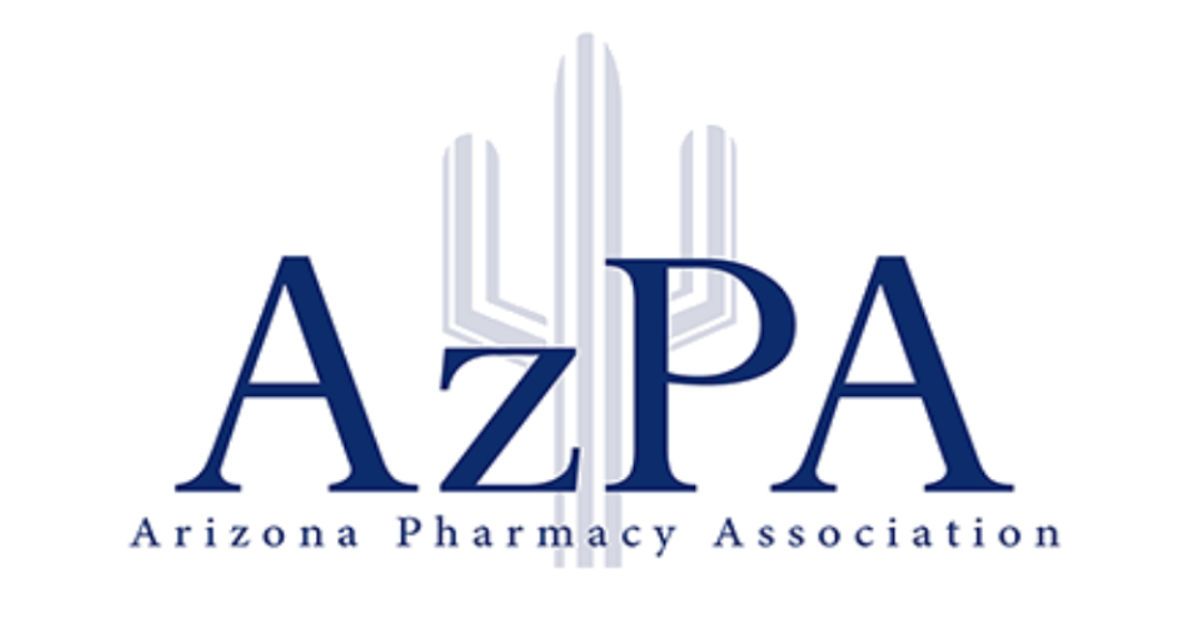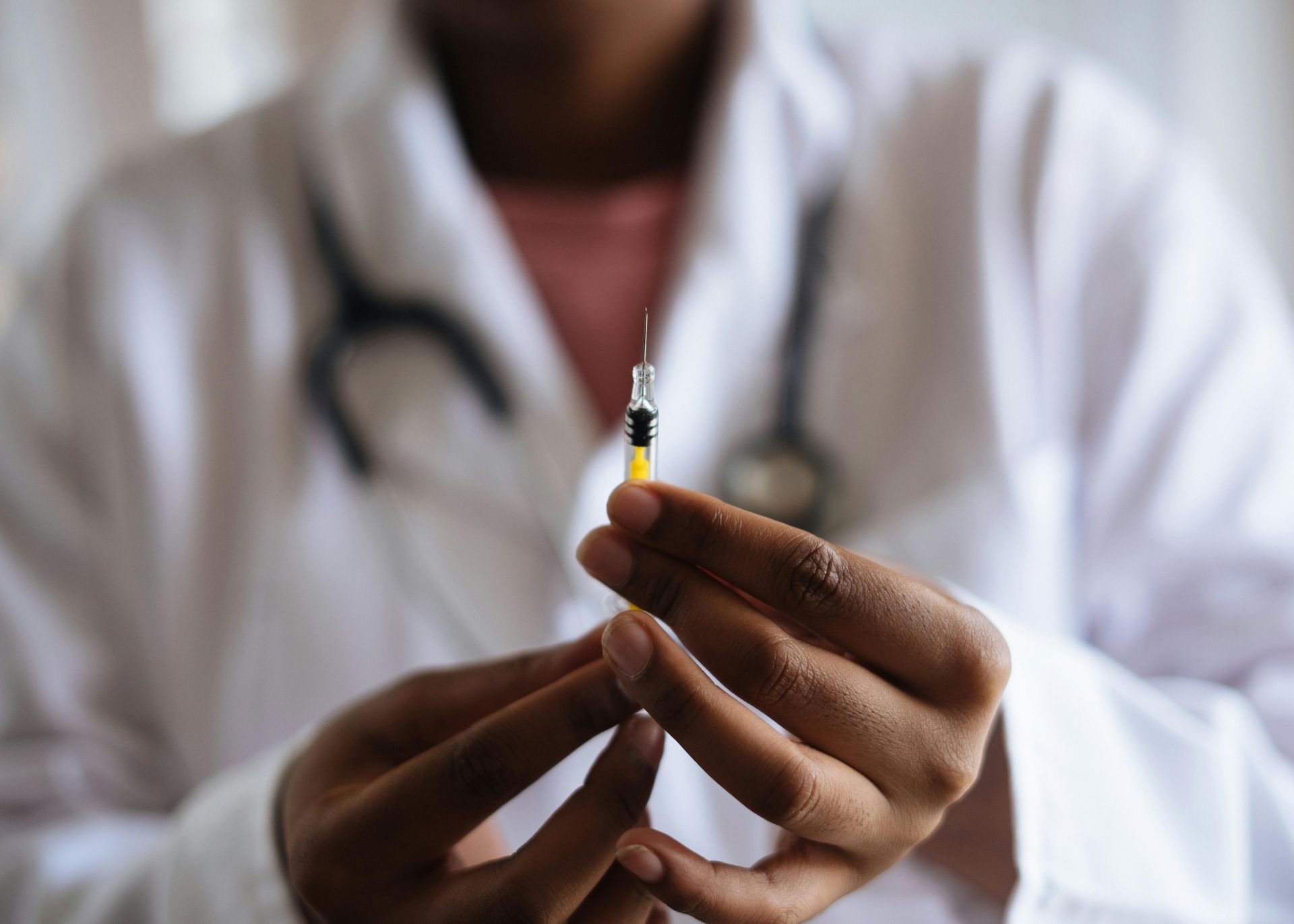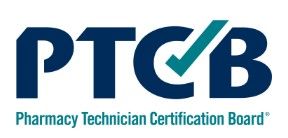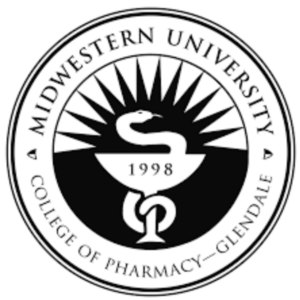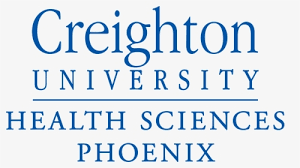About US
Founded in 1910, we are the only pharmacy association in Arizona dedicated to supporting professionals across all practice settings. Our mission is clear: to advance pharmacy and elevate healthcare delivery. By joining AzPA, you gain access to invaluable resources, networking opportunities, and advocacy efforts that strengthen our profession. Together, we can thrive and make a real impact on healthcare in our communities. Join us and be part of a legacy of excellence in pharmacy!
Why Choose Us?
Founded in 1910, we are the only pharmacy association in Arizona dedicated to supporting professionals across all practice settings. Our mission is clear: to advance pharmacy and elevate healthcare delivery. By joining AzPA, you gain access to invaluable resources, networking opportunities, and advocacy efforts that strengthen our profession. Together, we can thrive and make a real impact on healthcare in our communities. Join us and be part of a legacy of excellence in pharmacy!
Education | Learn With Us
AzPA is equipping our members for today’s rapidly evolving health care system with convenient high-quality CPE opportunities at a discounted member rate.
Advocacy | Discover your voice
- As the unified voice of Arizona pharmacy, AzPA represents your interests with state and federal lawmakers, the Arizona State Board of Pharmacy and other health care agencies.
- Your membership ensures we have the necessary resources to protect and advance our profession and your scope of practice.
- Your membership gives you access to educational programs and committees designed to help you confidently engage your elected officials and actively promote our profession to patients, payers, providers and policy makers.
Connection | Get involved! Serve on a team
AzPA offers our members dynamic annual events designed to enhance your professional skills and your resume through: leadership, legislative and policy-making experiences, continuing education courses, social interactions with pharmacy leaders and a wealth of volunteer opportunities.
You must be a member to serve on a volunteer committee. We would love to have you! Click [JOIN] below.
